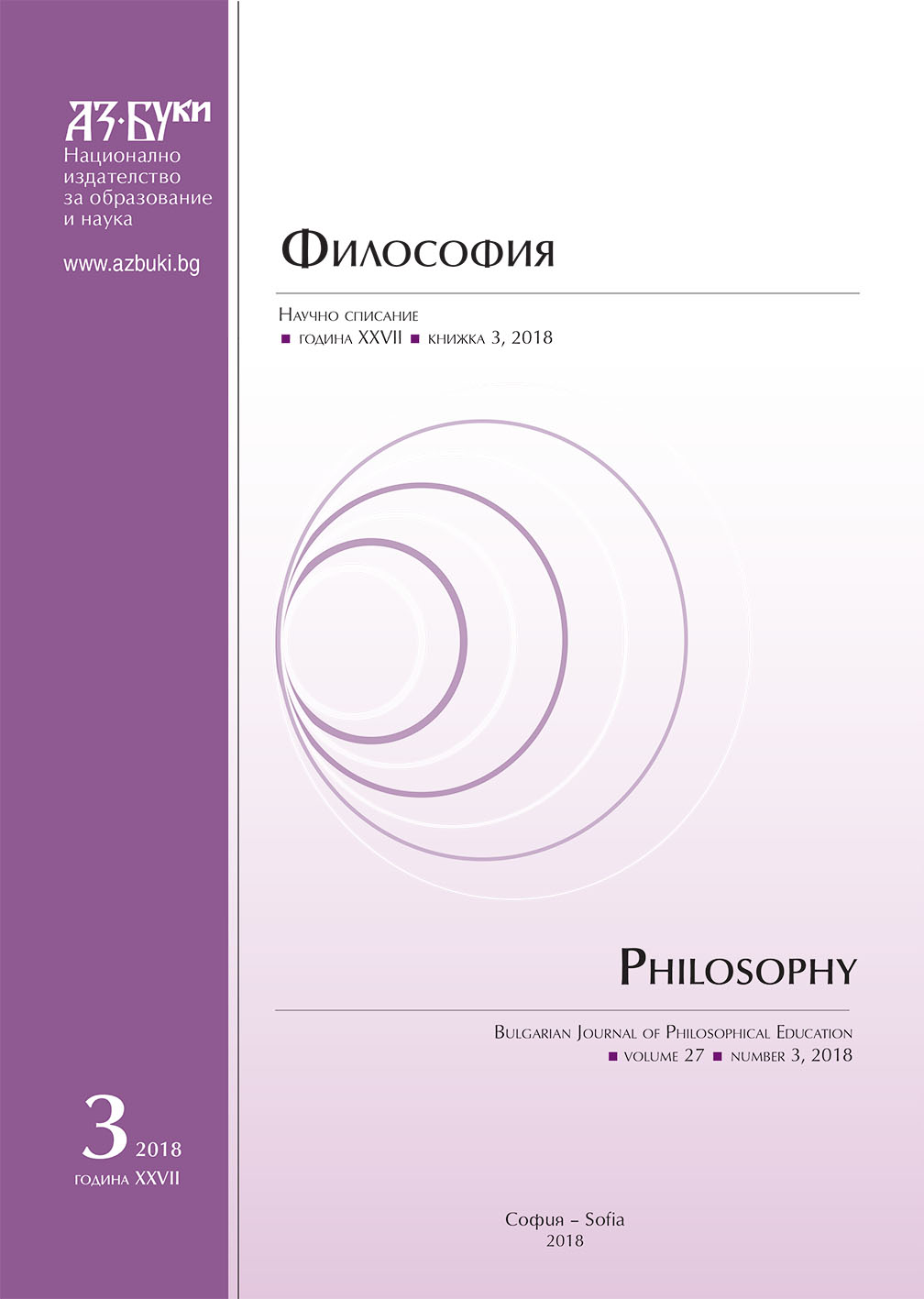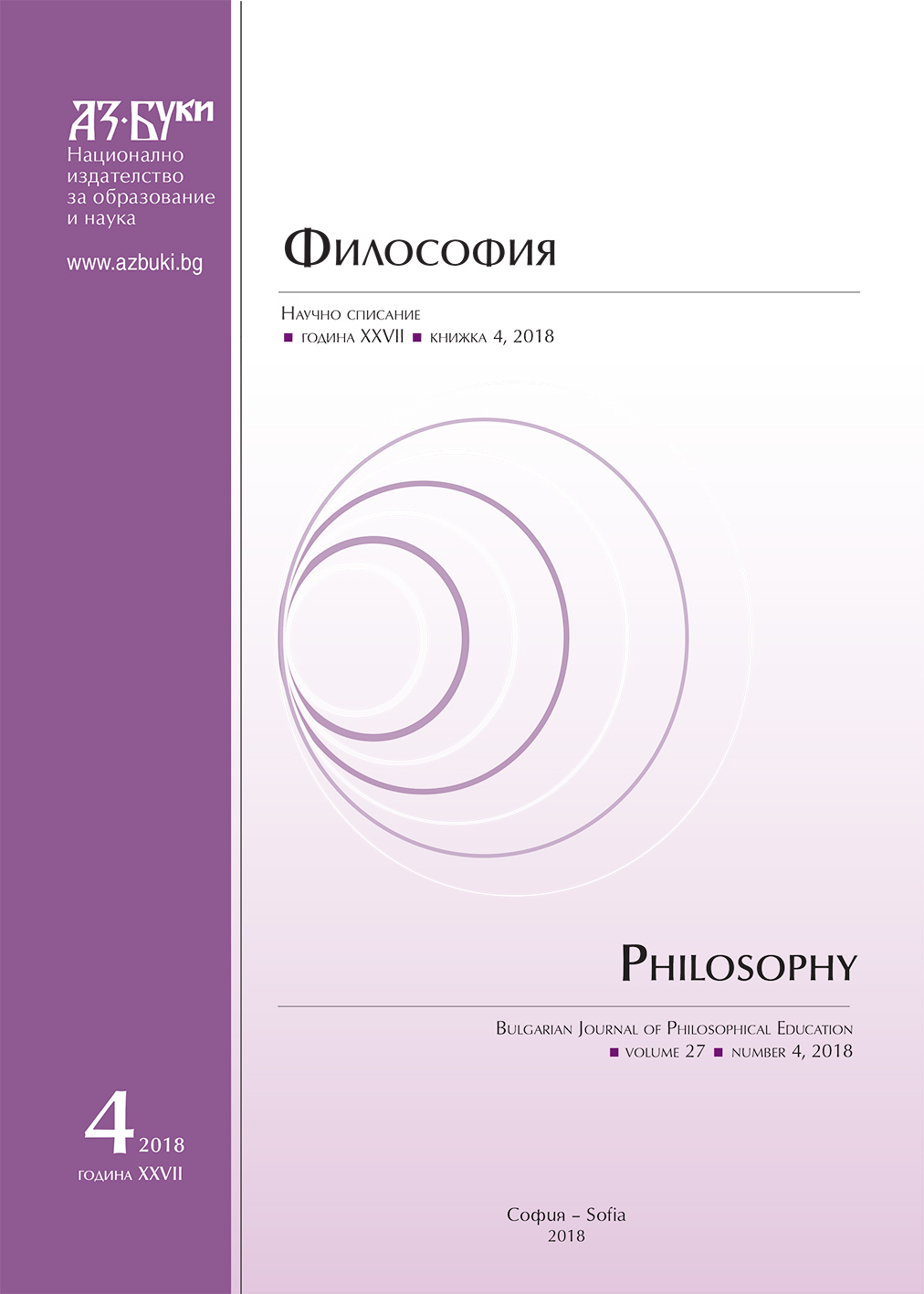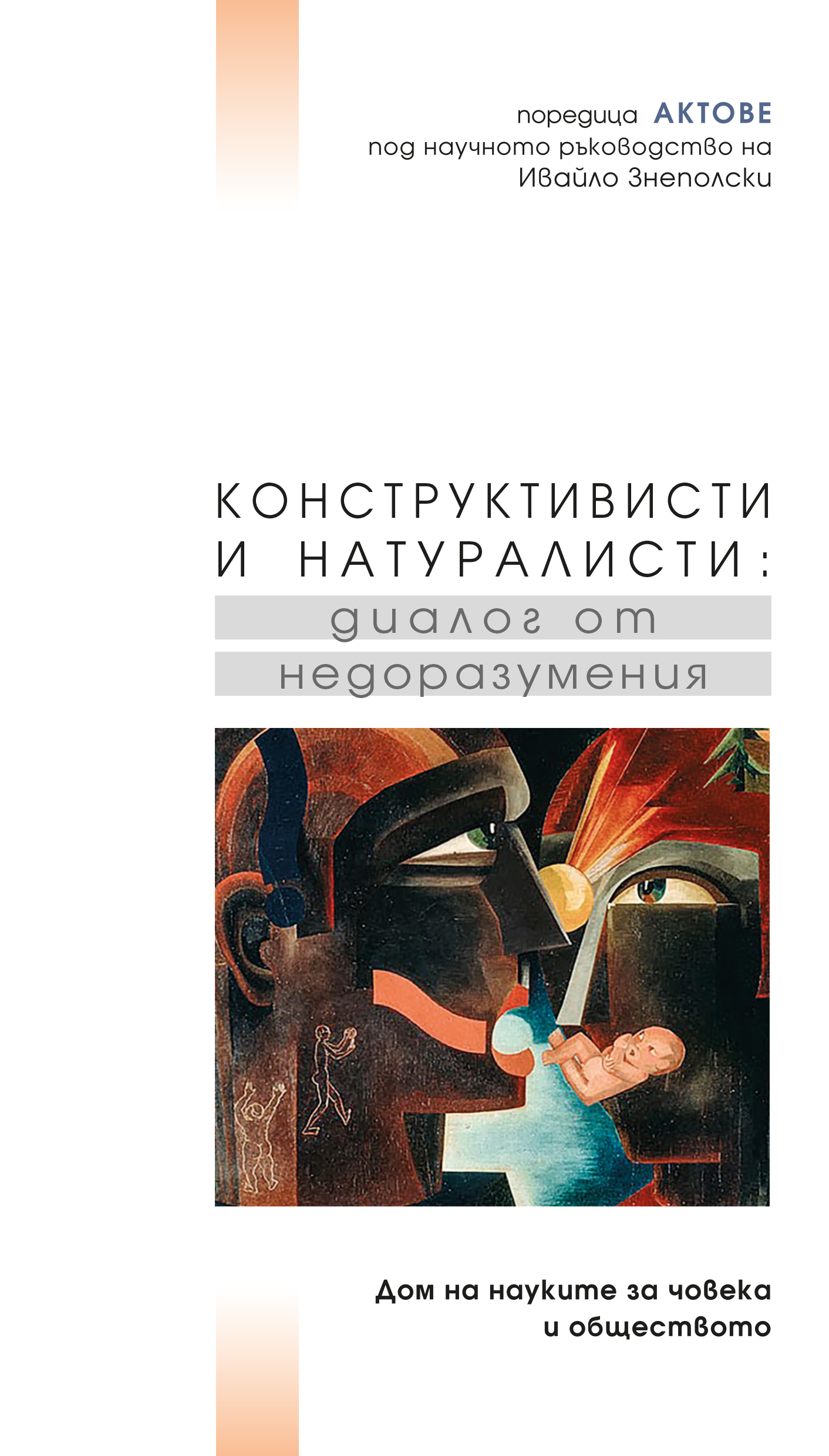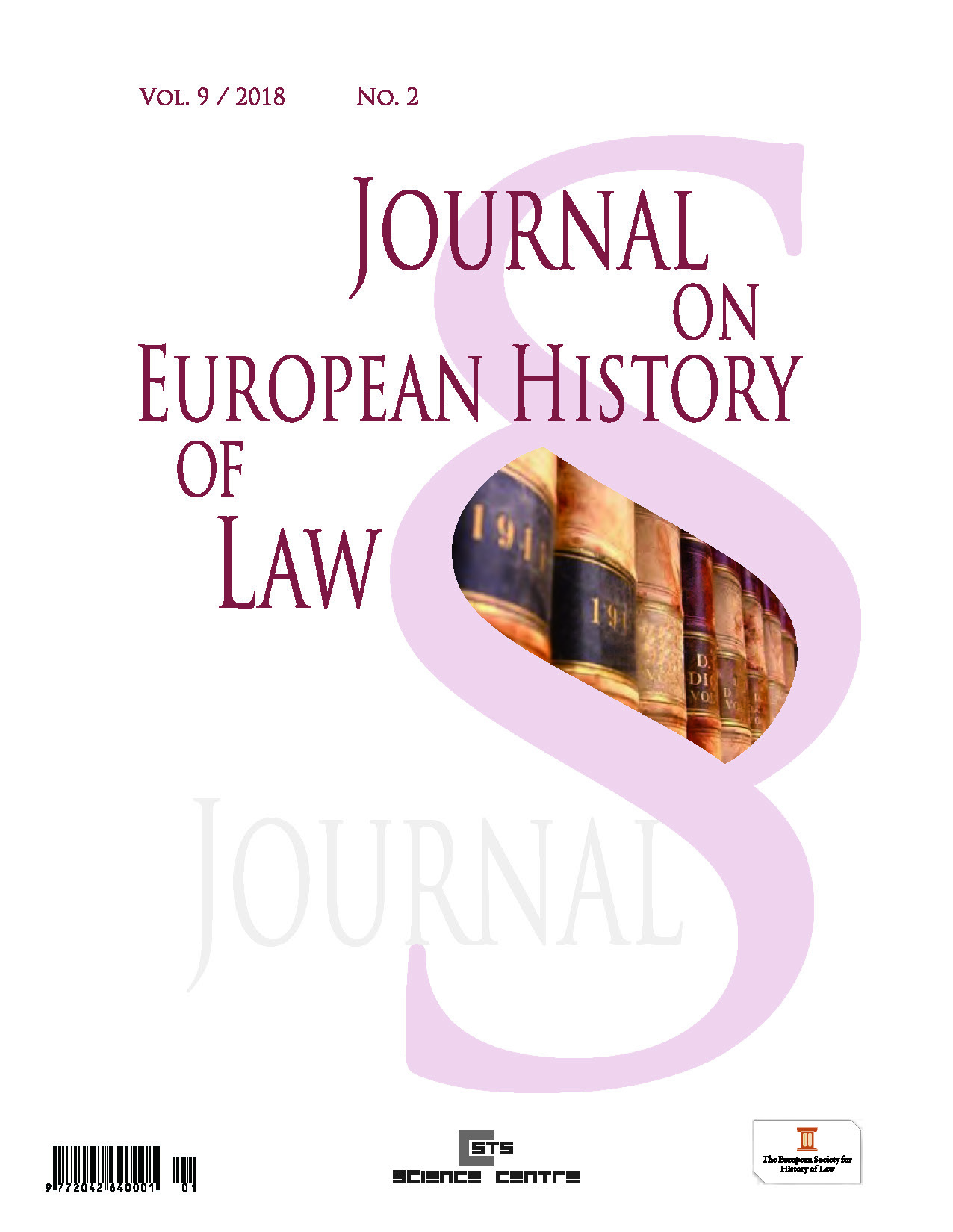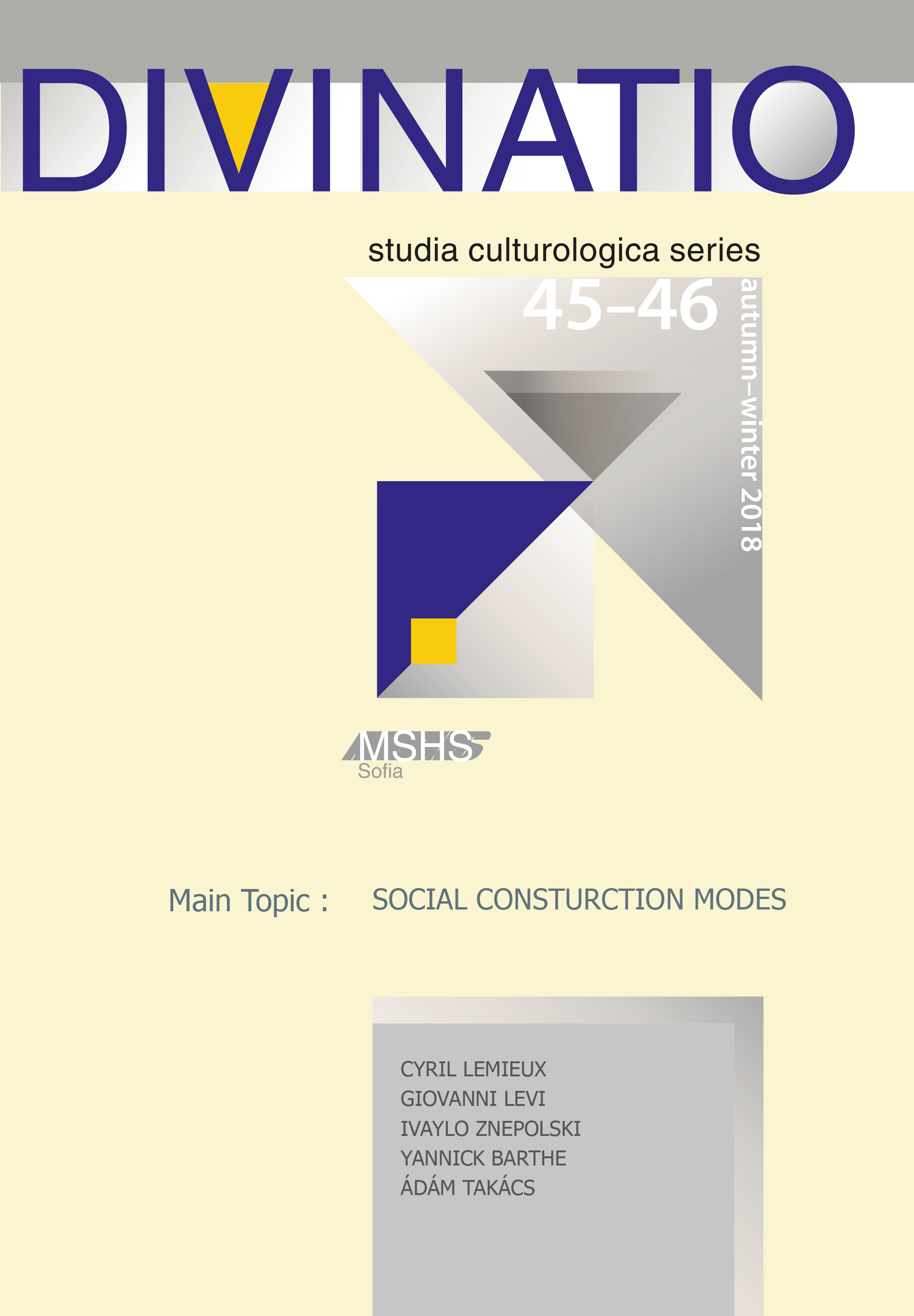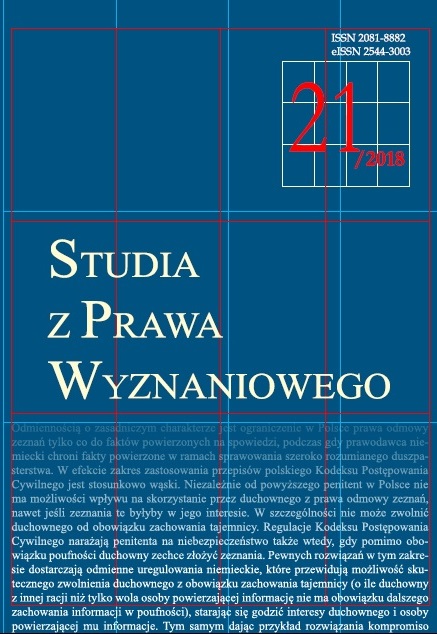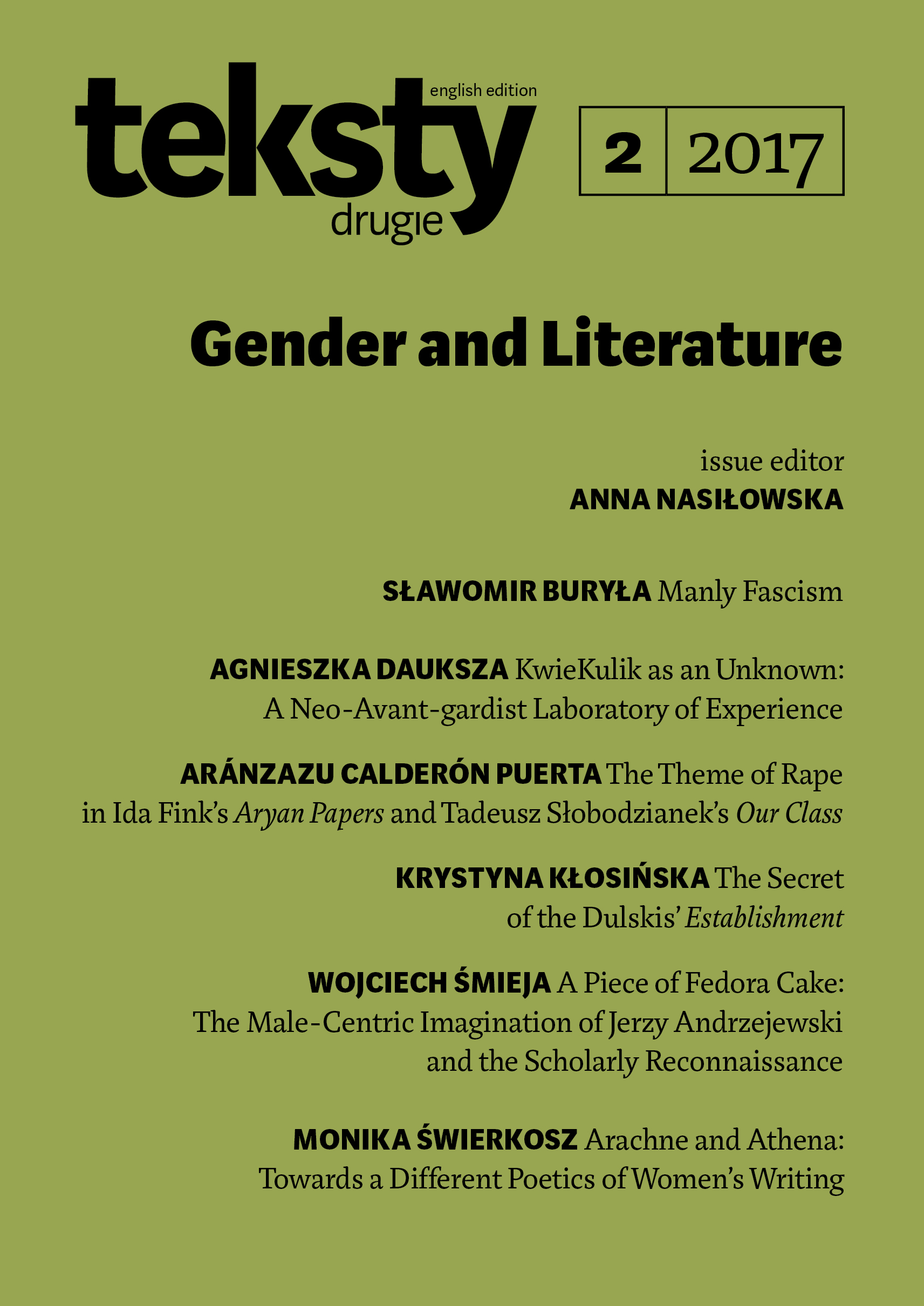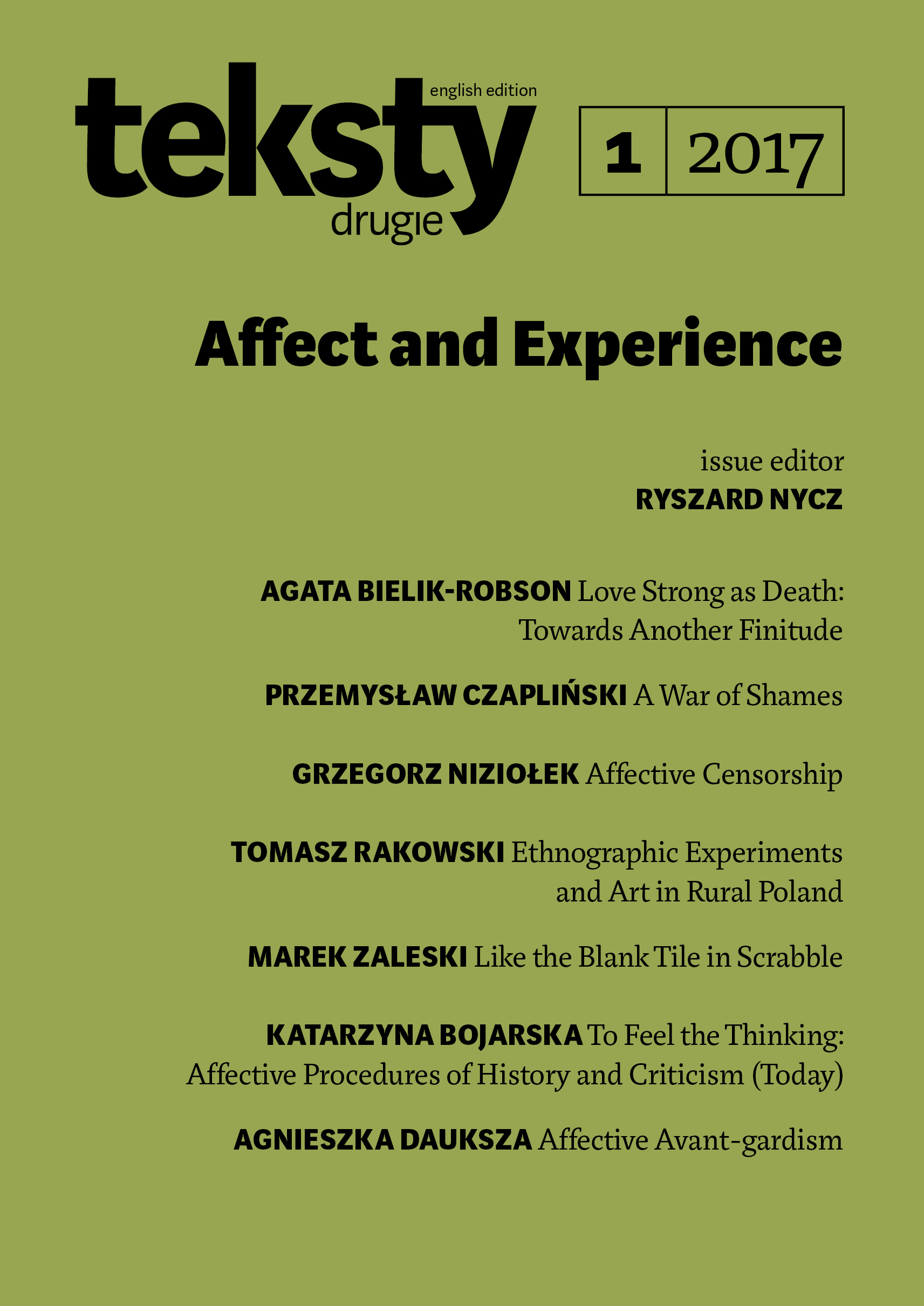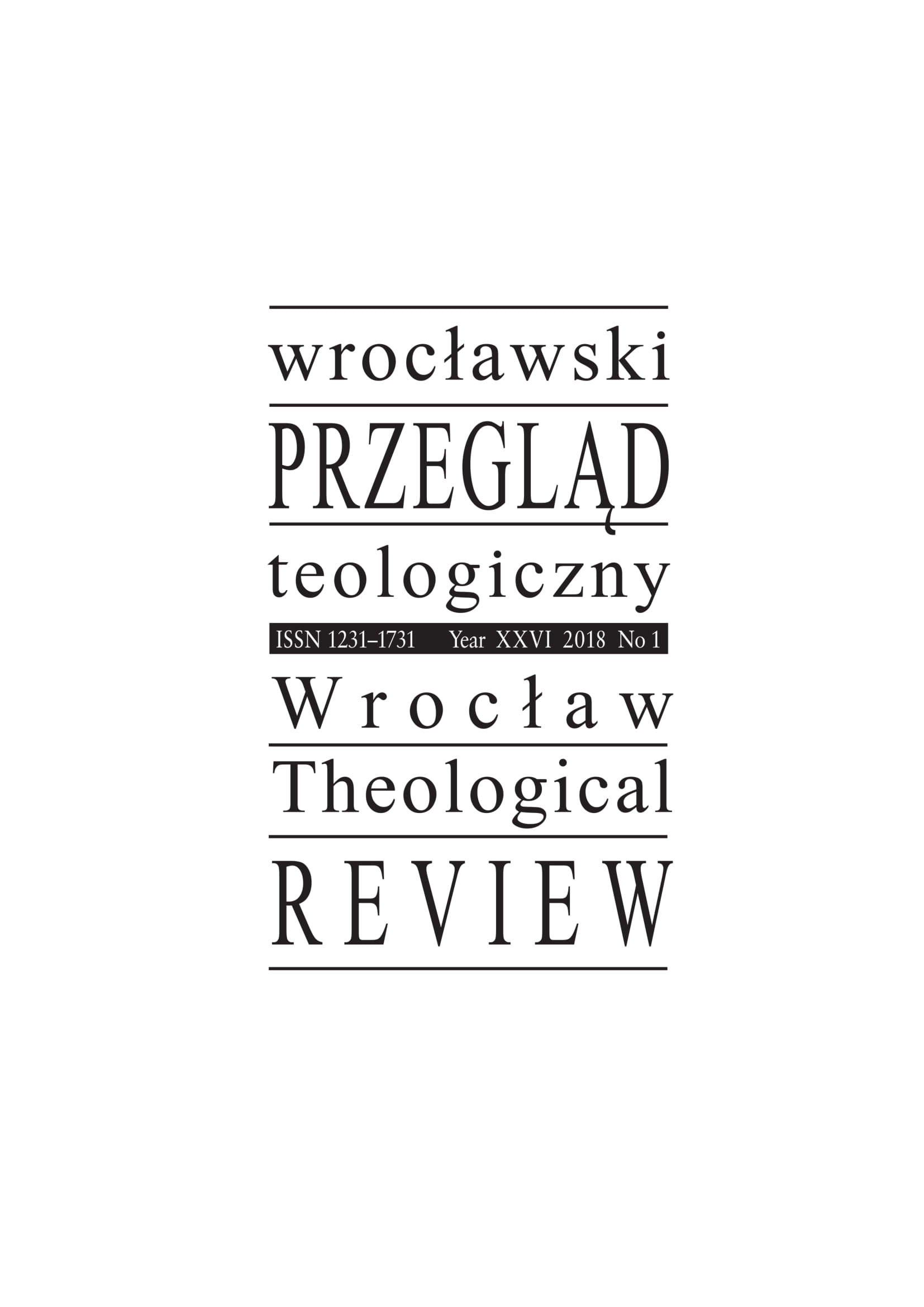Author(s): Gorun MANOLESCU / Language(s): Romanian
Issue: 1/2017
Is there a hidden reality that governs our Universe ? Wheeler, Bekenstein, Susskind, and ‘t Hoft, all of them renowned physicists,the latter being a Nobel laureate, sustain this concept. It is about a theory, recently set out by the four physicists mentioned before, the so - called Theory of the Holographic Universe that puts the information in the first place. Today, this theory is accepted by a group of physicists that is growing steadily, and that studies the String Theories. First, Stephen Hawking predicted that the „black holes”, which seemed to be swallowing everything, were manifesting their presence by emitting radiation with an extremely low temperature. If a black hole can evaporate, a most portion of the information it contains is lost forever, said Hawking.Later on, it was the turn of Leonard Susskind, one of String Theories’ founder, and ‘t Hoft, both of them working under Wheeler’s guidance, to state that Hawking radiation emitted by a black hole represents the support, material substratum that delivers information related to what is happening in such a hole. This information remains on the surface of a universe that is created through a Big Bang by that black hole (Bekenstein, Susskin, ’t Hoft). And, as a laser beam that passes through bi-dimensional symbols on a transparent surface will generate a tri-dimensional hologram, in the same way the information on the surface of a universe such as ours will generate, in an adequate way, within it, all tri-dimensional entities inside the universe.Juan Maldacena formalized this theory with an audacious mathematical conjecture. Briefly, here is the story of the „Holographic Universe”. The most important fact for us is that Mihai Drăgănescu's Ontological-Informational Model -very similar but not identical with the Holographic Universe Model- was formalized before the last one. And according to Drăgănescu's approach, the Theory of the Holographic Universe may be considered a particular case of the Ontological-Informational Modelas you will see in this paper later on.
More...
